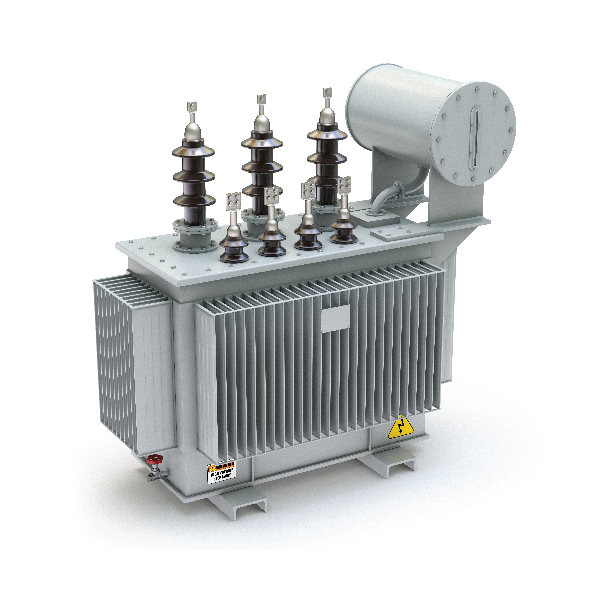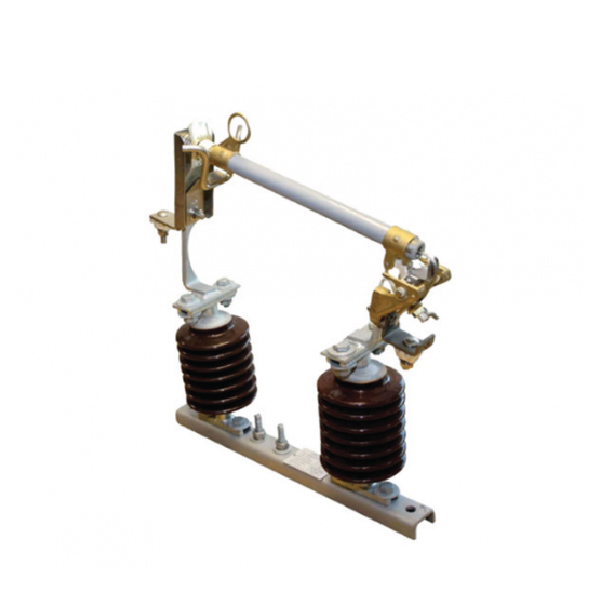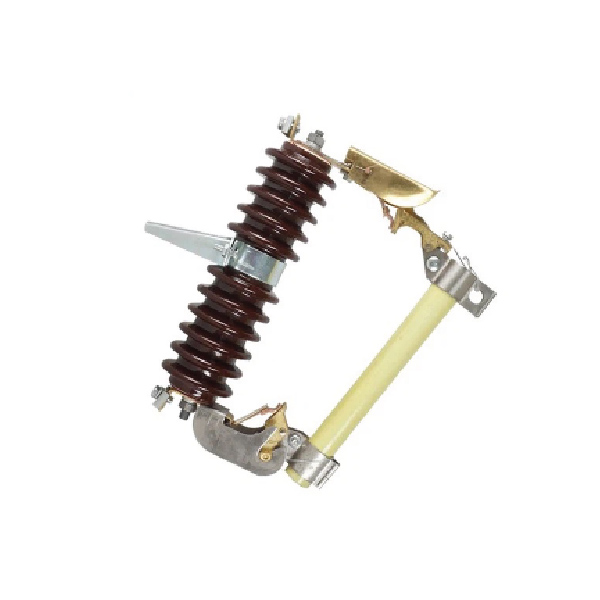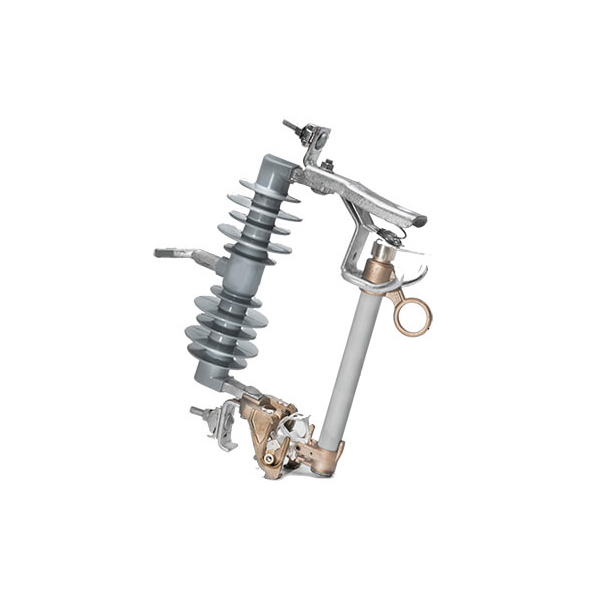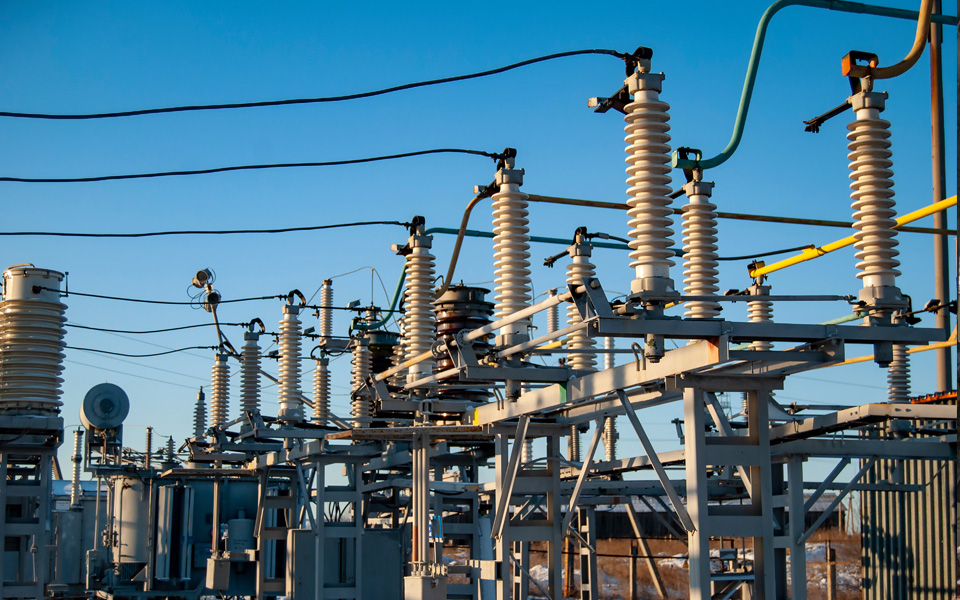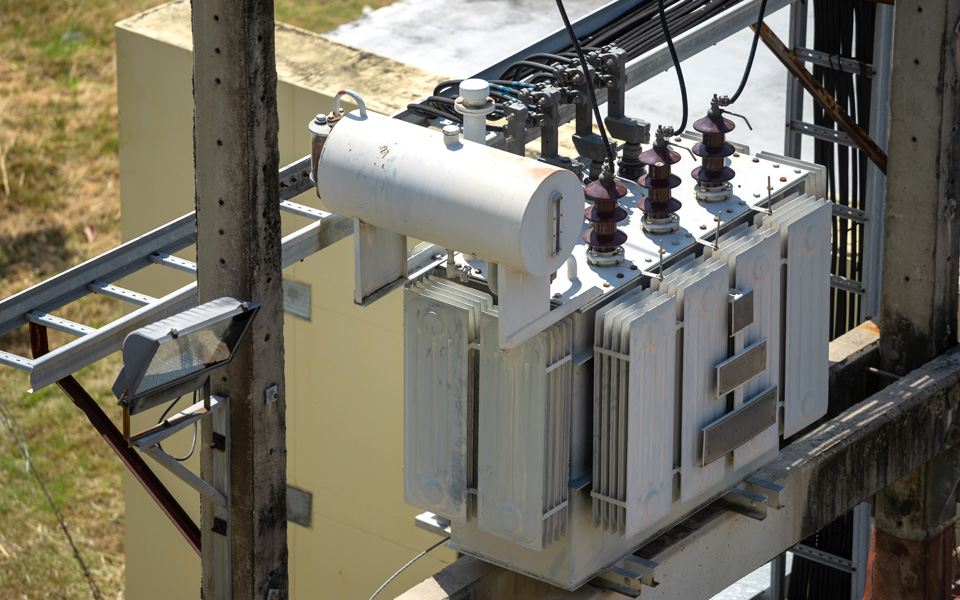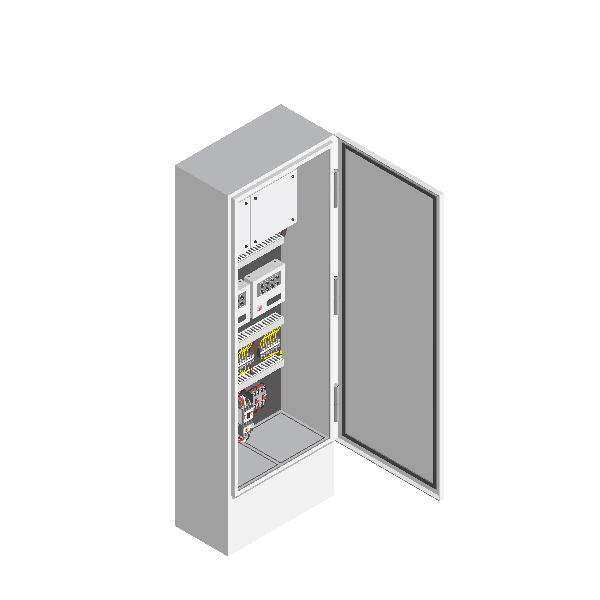
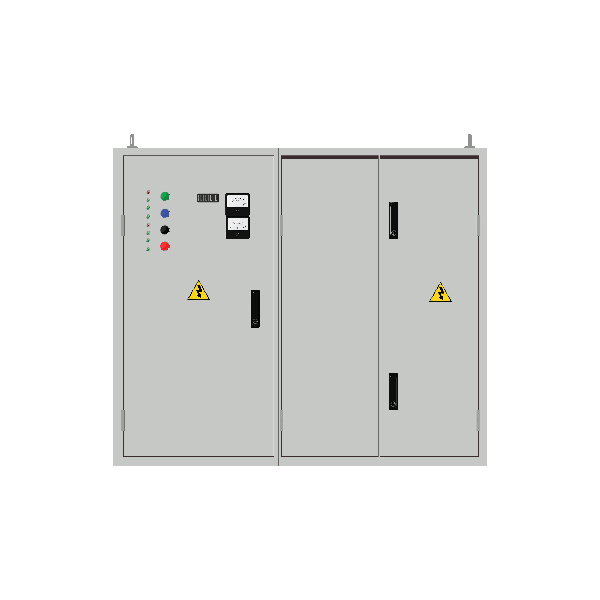
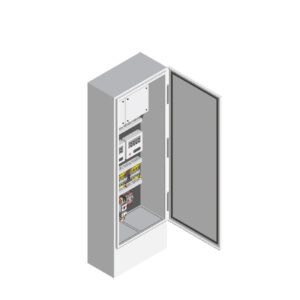
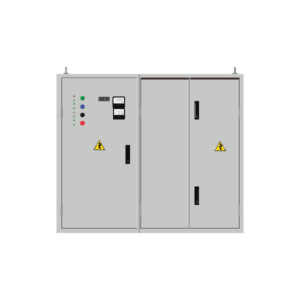
Distribution Box
A distribution box is an essential component in electrical systems, serving as the central point for distributing electricity to various circuits, appliances, and devices within a building or facility. Its primary functions include control, protection, and metering.
Construction of a Distribution Box (Up to 400 kVA):
The construction of a distribution box depends on specific load requirements.
| Component | Description |
|---|---|
| Enclosure | The outer casing that houses all internal components, which can be made of metal or non-metallic materials. |
| Busbars | Conductive bars that distribute electricity to different circuits. |
| Circuit Breakers | These protect individual circuits from overloads and short circuits, commonly using Miniature Circuit Breakers (MCBs) or Molded Case Circuit Breakers (MCCBs). |
| Switches | Used for manual control of circuits. |
| Neutral and Earth Bars | Provide connections for neutral and grounding conductors. |
| Metering Devices | Used for measuring electricity consumption. |
| Labels and Wiring | Proper labeling ensures easy identification of circuits, and organized wiring prevents confusion. |
Technical Specification:
- This specification covers the design, manufacture, testing at works, and supply of Distribution Boxes made out of CRCA MS (cold-rolled close annealed mild steel).
- These distribution boxes are used for controlling the L.T. feeders from the L.T. side of Distribution Transformers.
- The system operates at 3-phase, 4-wire, 433 V, 50 Hz with an effectively grounded neutral.
Testing:
When electrical systems or components undergo testing, a type test report is produced as a comprehensive record. It offers detailed information regarding the functionality, security, and compliance of the equipment under test. Let’s examine the main elements of a type test report. These tests ensure that the equipment meets relevant safety regulations, standards, and specifications. Type testing is typically conducted during the stages of design and development.
Type Tests:
- Dielectric Tests: Verify the insulation properties of isolators.
- Mechanical Endurance Tests: Assess the mechanical durability of the isolator under repetitive operations.
- Temperature Rise Tests: Evaluate the temperature rise during continuous operation.
- Short-Circuit Tests: Determine the performance during fault conditions.
Routine Tests:
- Visual Inspection: Check for any visible defects.
- Contact Resistance Test: Measure the resistance across the contacts.
- Insulation Resistance Test: Assess the insulation quality.
- Operation Tests: Verify smooth operation and alignment.
- Dielectric Tests: Confirm insulation integrity.
Temperature Rise Limits:
- Determine the reliability and long service capability of the equipment.
- Excessive temperatures can lead to premature aging and failure.
- Ensure that components operate within specified temperature limits.
Dielectric Properties:
- Verify insulation integrity.
- Include tests for insulation resistance, withstand voltage, and partial discharge.
- Ensure safe operation under voltage stress.
Short-Circuit Resistance:
- Evaluate the equipment’s ability to withstand fault currents.
- Measure the mechanical and thermal stresses during a short circuit.
- Ensure the equipment remains intact and safe.
Effectiveness of the Protective Circuit:
- Validate the protective features (e.g., fuses, relays, circuit breakers).
- Ensure proper response during faults or abnormal conditions.
Clearances and Cree page Distances:
- Check the spacing between conductive parts to prevent arcing.
- Ensure safety and minimize the risk of electrical breakdown.
Mechanical Operation:
- Test the mechanical durability and reliability.
- Include endurance tests for switches, levers, and moving parts.
Degree of Protection (IP):
- Assess the enclosure’s ability to protect against dust, water, and external factors.
- Determine the IP rating (e.g., IP65, IP67).\


